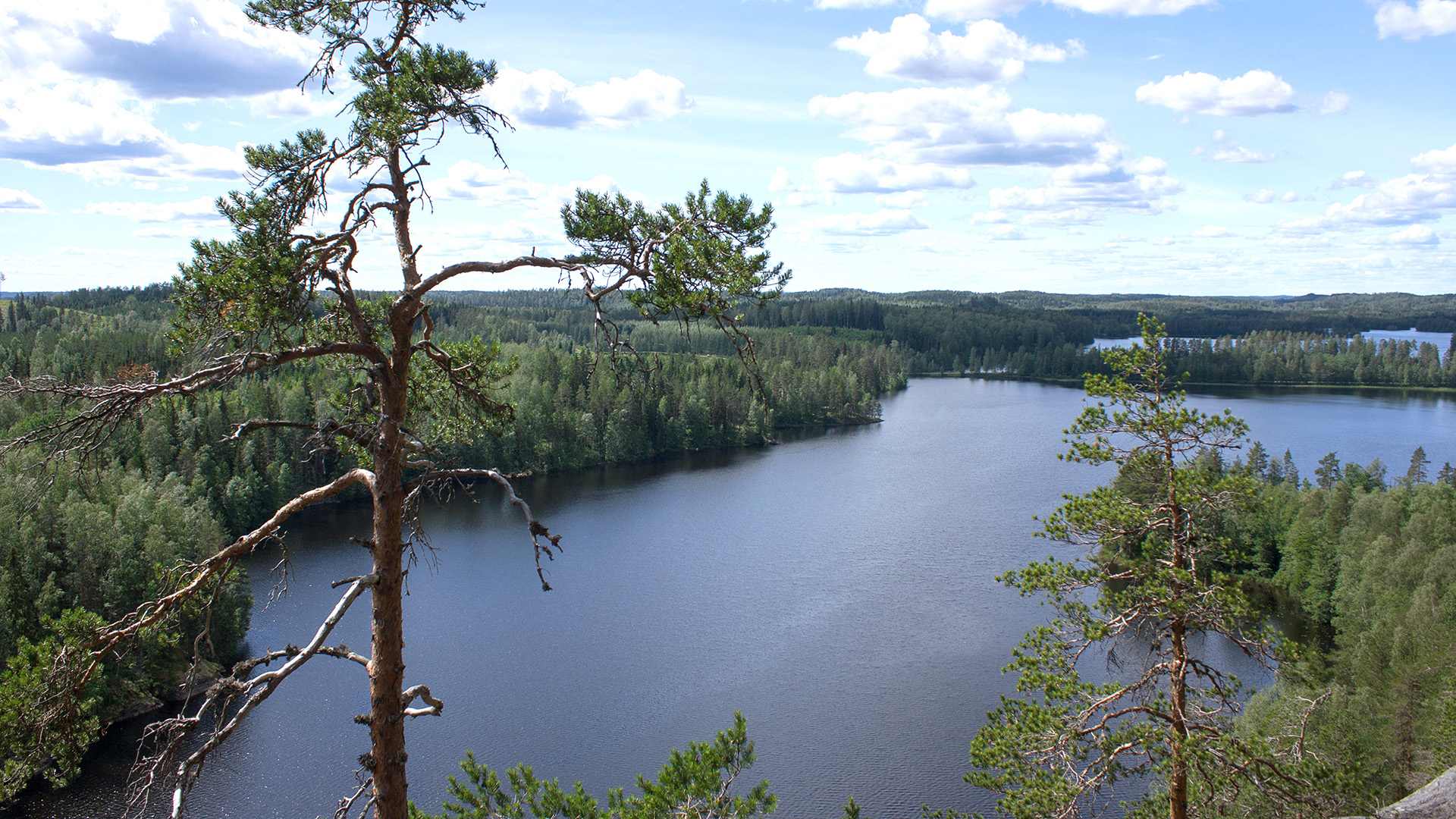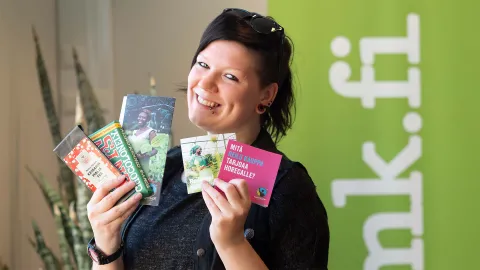The aim of the Nature Positive Jyväskylä Society Commitment is to safeguard the carrying capacity and diversity of nature and to prevent natural degradation.
"Based on the university's calculation model, the nature degradation caused by the city's operations are investigated and it is assessed how they can be reduced and how to compensate for the remaining ones," says Environmental Director Päivi Pietarinen.
The City of Jyväskylä is committed to long-term resource wisdom and carbon neutrality by 2030. The goal is to be a city of sustainable well-being by 2040. The new Urban Strategy has placed greater emphasis on safeguarding the diversity of the natural environment and being a forerunner in reconciling the ecological, social and economic objectives of forests, and the commitment concretises the objectives set.
"For the city, this means, for example, increasing urban greenery, restoring water bodies, restoring projects and drawing up a nature conservation programme," says Pietarinen.
The goal of the University of Jyväskylä is planetary well-being
The University of Jyväskylä is working purposefully towards planetary well-being. The goal is for JYU to be carbon neutral and without degrading nature as a whole by 2030.
The university strives for nature positivity at the local and global level. The university campus area contains valuable natural sites, flying squirrels, bats and birdlife, the condition of which must not be degraded. In addition, campus nature will be restored, for example, by converting lawns into meadows, and diversity will be improved, for example, with the help of decayed wood fences.
The natural degradation caused by the university's acquisitions are global, and taking them into account in the university's operations is part of the university's global responsibility. In addition to reducing natural hazards, JYU's experts and researchers together with the national and international higher education community are developing functional models for ecological compensation. Compensation is necessary for those natural hazards that cannot be completely eliminated.
Jamk involves students to join the work
Jamk University of Applied Sciences is committed to carbon neutrality by 2030 as part of the sustainable development and responsibility programme published by the Rectors' Council of Universities of Applied Sciences Arene in 2020. With the nature-positive Jyväskylä commitment, Jamk also aims to strive for nature positivity together with the City of Jyväskylä and EduFutura educational institutions.
"The measures will be designed in such a way that they contribute to both objectives simultaneously. For example, we plan to involve our students in innovating solutions that promote nature positivity for campus areas," says Leena Liimatainen, Development Director of Jamk's and head of the sustainability working group.
Nature-positive Gradia
Jyväskylä Educational Consortium Gradia aims to achieve carbon neutrality in the 2030s. Gradia strengthens nature positivity by committing to reducing the nature footprint caused by the use of energy. In the use of energy, Gradia aims for a level that does not degrade nature as a whole by 2030.
In practice, the target will be achieved by reducing energy use. It is reduced at Gradia by technical solutions. In addition, the users of the premises have the opportunity to influence the planning of savings targets and the implementation of energy savings. The health and safety aspects of the premises are taken into account in the design. Through practical experience, students entering working life will have a broadened view of actions that affect biodiversity, and the sustainable development skills of future employees will be strengthened.
What is the Society's Commitment to Sustainable Development?
The society's commitment to sustainable development is a way of putting sustainable development into practice. The commitment unites the different actors in society around common goals.
Read more: https://www.sitoumus2050.fi



